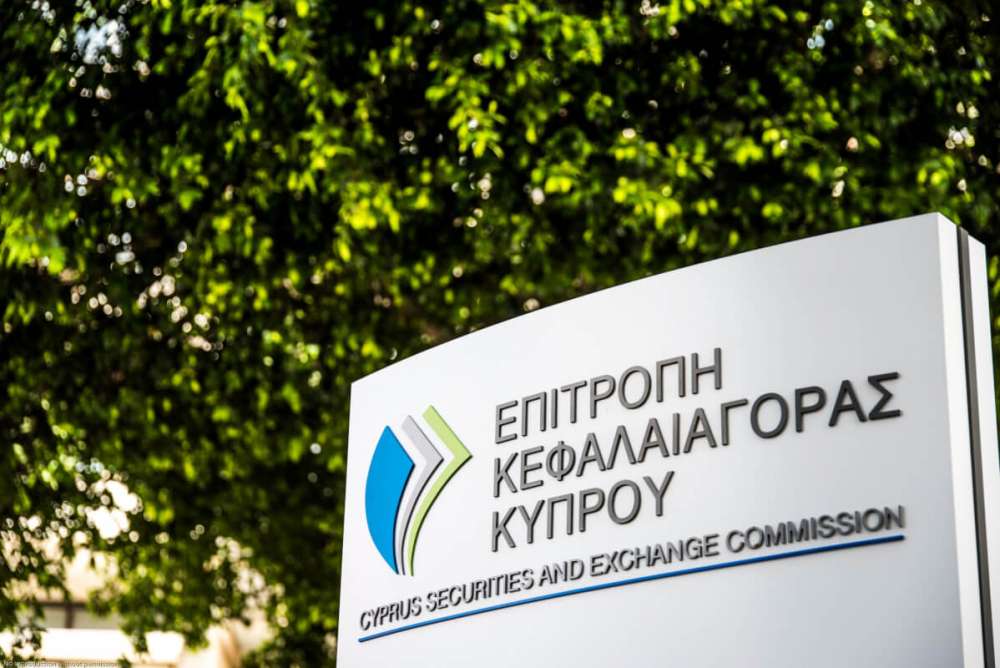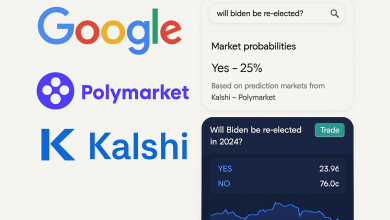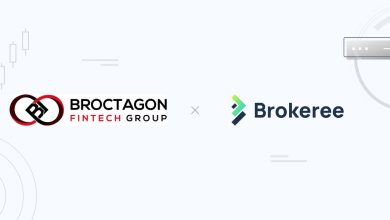Cyprus Regulator Targets Offshore Brokers With Fresh List of 21 Illegal Domains


What Did CySEC Warn Investors About?
Cyprus’s financial regulator has issued a new warning naming 21 online trading websites that it says are operating entirely outside the country’s legal framework. The circular, published in mid-November, is the latest in a string of alerts aimed at steering retail investors away from offshore platforms that present themselves as regulated brokers.
The Cyprus Securities and platform Commission (CySEC) said the listed websites — including fernrise.com, market-trading.ltd, xmarktrades.com, avacaptal.com, finconnect.fr, capitaliko.com, oneroyalfx.co, cfdoptions.com and quantoria-markets.net — “do not belong to an entity which has been granted an authorization” to provide investment services under Article 5 of Law 87(I)/2017.
CySEC emphasized that none of the websites ever held a licence. They are not supervised, do not follow MiFID-style conduct rules and are not covered by the Investor Compensation Fund. Investors who lose money have no regulated entity to pursue.
The distinction matters because Cyprus is a major gateway for retail trading across the European Economic Area. Only licensed Cyprus Investment Firms (CIFs) can offer regulated investment services across the EU. Websites outside that regime fall beyond investor-protection rules, capital requirements and supervisory oversight.
Investor Takeaway
Why Are These Warnings Becoming More Frequent?
CySEC’s latest alert is part of a broader effort to draw a hard line between authorized CIFs and offshore operators that target European clients while avoiding regulation. The regulator has been publishing “non-approved domains” lists for several years, but the pace has accelerated through 2025.
Offshore trading websites increasingly mimic Cyprus-regulated brands by using similar names, logos or domain structures. Some present Cyprus addresses on their websites even though they are not licensed. Others claim to be “CySEC regulated” in marketing messages, despite not appearing on the regulator’s register.
The difficulty is amplified by Cyprus’s history. During the 2010s, the island became a hub for retail FX, CFDs and later binary options. While the regulated sector grew, unlicensed operators also attempted to ride the visibility of legitimate CIFs, prompting waves of complaints across Europe.
CySEC responded with stricter oversight, the shutdown of dozens of binary-options firms and a heavier focus on consumer protection. The current clampdown on unlicensed websites is a continuation of that regulatory realignment.
The regulator’s notices have also revealed an emerging pattern. Many unlicensed domains reappear under new names later than warnings are issued, suggesting operators attempt to outrun enforcement by rotating URLs. By publicly listing the domains, CySEC aims to disrupt that cycle and alert both investors and legitimate firms whose branding is being impersonated.
How Offshore Platforms Target Retail Traders
Most of the unlicensed websites identified by CySEC share common features. They rely on aggressive sales tactics, unsolicited phone calls, unrealistic profit promises and persistent pressure to deposit larger sums. Some display forged licence certificates or claim affiliations with recognized brokers.
In many cases, the domain name is the only identifiable element of the scheme. The operators typically hide behind foreign entities, unverified addresses or nonexistent corporate structures. When complaints begin appearing, the website may shut down, wipe customer portals and reappear with a new brand — leaving investors with no way to recover funds.
CySEC’s warnings aim to give traders a simple ahead-stage check: verify the firm’s licence directly on the regulator’s website before transferring money. CIFs are publicly listed in the register with company names, licence numbers and approved services. Anything not on the register is unlicensed.







